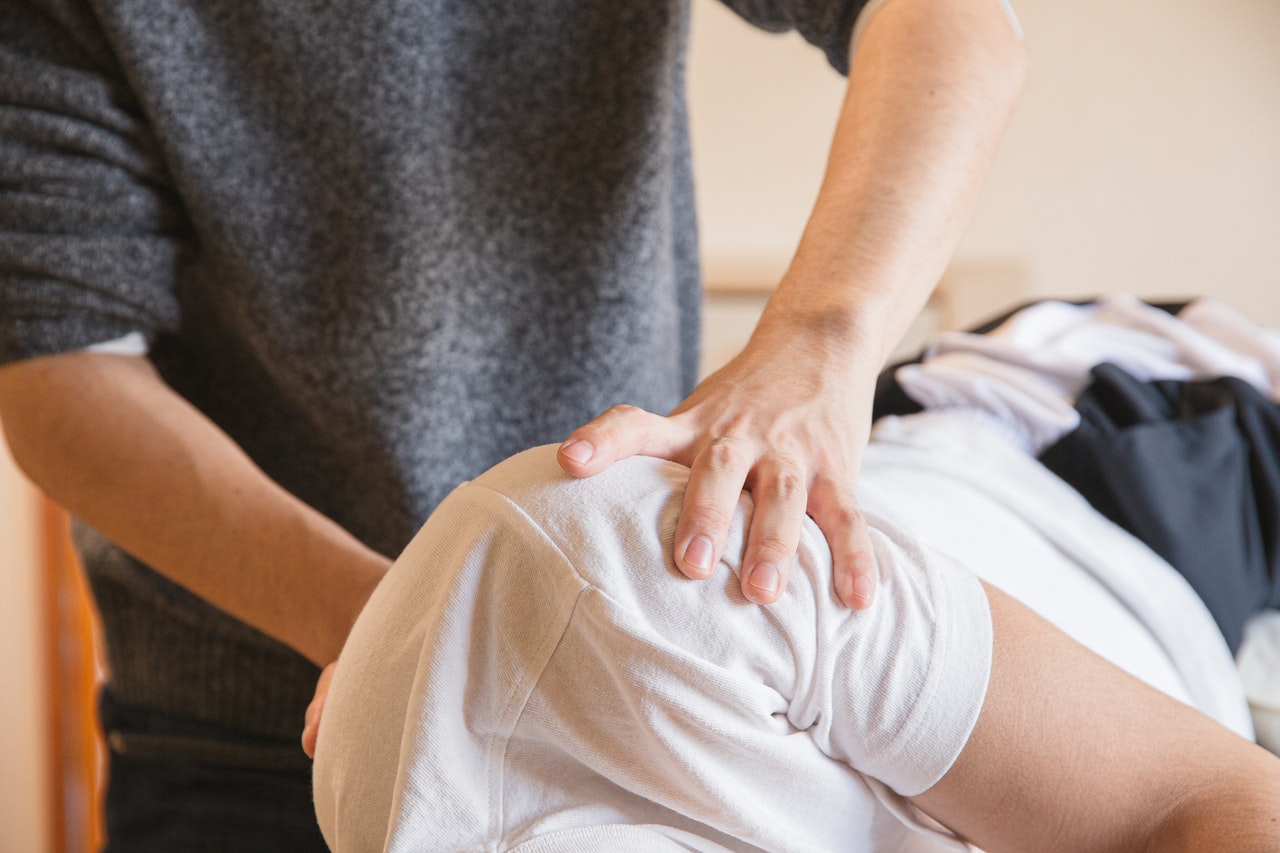The Link between IBS and Back Pain: What You Need to Know
IBS, or irritable bowel syndrome, is a chronic condition that can cause a variety of symptoms, including abdominal pain, bloating, diarrhea, and constipation.
While IBS doesn’t cause back pain, the condition can exacerbate existing back problems or contribute to developing new ones. Here, we will explore the link between IBS and back pain.
IBS and Back Pain
There are several ways in which IBS can contribute to back pain. For one, IBS can cause abdominal pain and cramping. This can, in turn, lead to back pain, as the muscles in the abdomen and back can tense up in response to the pain.
Additionally, IBS can cause diarrhea or constipation. Diarrhea can cause muscle cramps in the lower back and pelvis, while constipation can put a strain on the muscles in the lower back and cause them to tighten up.
Finally, IBS can also cause bloating. This can put pressure on the muscles in the lower back and cause them to become sore.
Treating IBS and Back Pain
There are a number of things that you can do to treat IBS and back pain. For one, you can take over-the-counter pain relievers such as ibuprofen or acetaminophen. You can also take antispasmodic medications to help relieve abdominal pain and cramping.
If you have diarrhea, you can take loperamide to help slow down your bowel movements. And if you have constipation, you can take a stool softener or laxative to help make it easier to pass stool.
Finally, if you are bloated, you can take an over-the-counter anti-gas medication to help relieve the pressure on your muscles.
Living with IBS
When you have IBS, you must become an expert on your body and digestive system. This means keeping a log of what you eat, how often you have a bowel movement, and how your body reacts to different foods. If a food makes you feel bloated or gassy, keep it out of your diet.
It can also help to keep a food diary. Write down everything you eat a few times during the week and how your body reacts. The more information you have, the easier it will be to find a diet that helps your symptoms.
You should also try to exercise regularly. People with IBS who are active are less likely to have symptoms than people with IBS who are inactive.
You can also do a few things at home to help your symptoms. You can try:
- Eating smaller meals and eating more often
- Chewing your food slowly and thoroughly
- Avoiding or limiting high-fibre foods, caffeine, alcohol, and fatty foods
- Taking over-the-counter medications, such as antispasmodics or laxatives, to relieve pain or constipation
When to See a Doctor
- Blood in your stool
- Weight loss
- Fever
- Abdominal pain that gets worse
- Vomiting
- A change in your bowel habits that lasts more than a few days
To Sum Up
In conclusion, back pain is a common symptom of IBS, and there is some evidence to suggest that IBS is a cause of this pain. However, the cause of back pain in IBS is still unknown, and further research is needed to determine the full extent of the relationship between IBS and back pain.
Do you need help with back pain? Rhythmic Health’s mission is to help people solve their health challenges and lead even more fulfilling lives. Get in touch with us.









